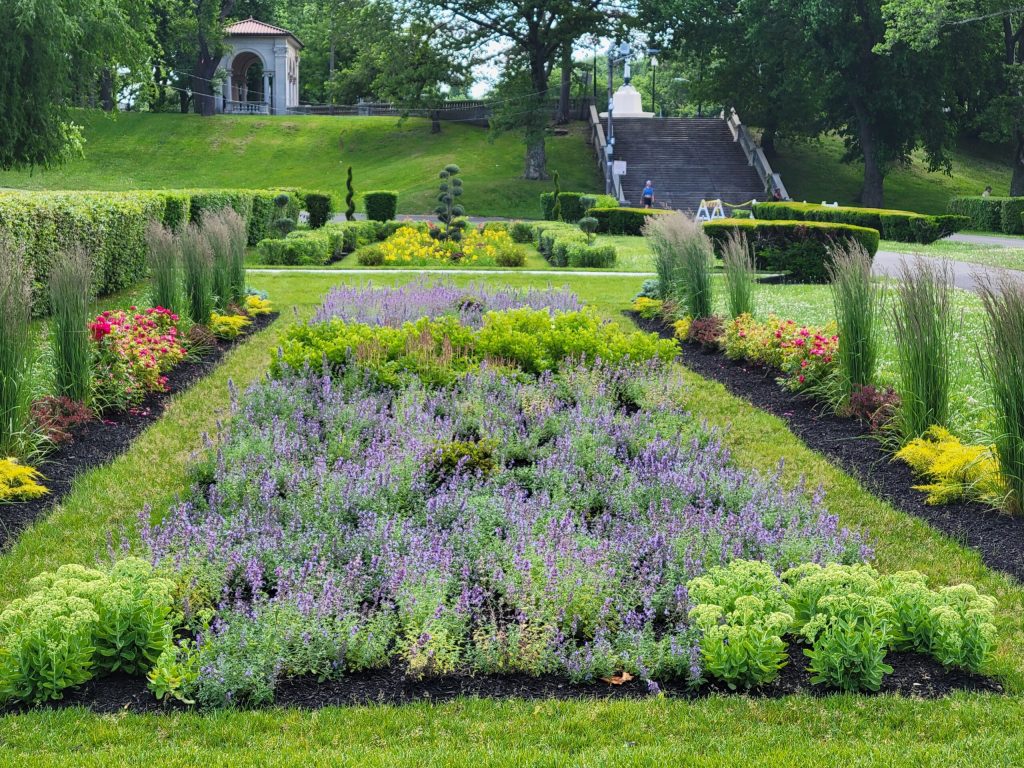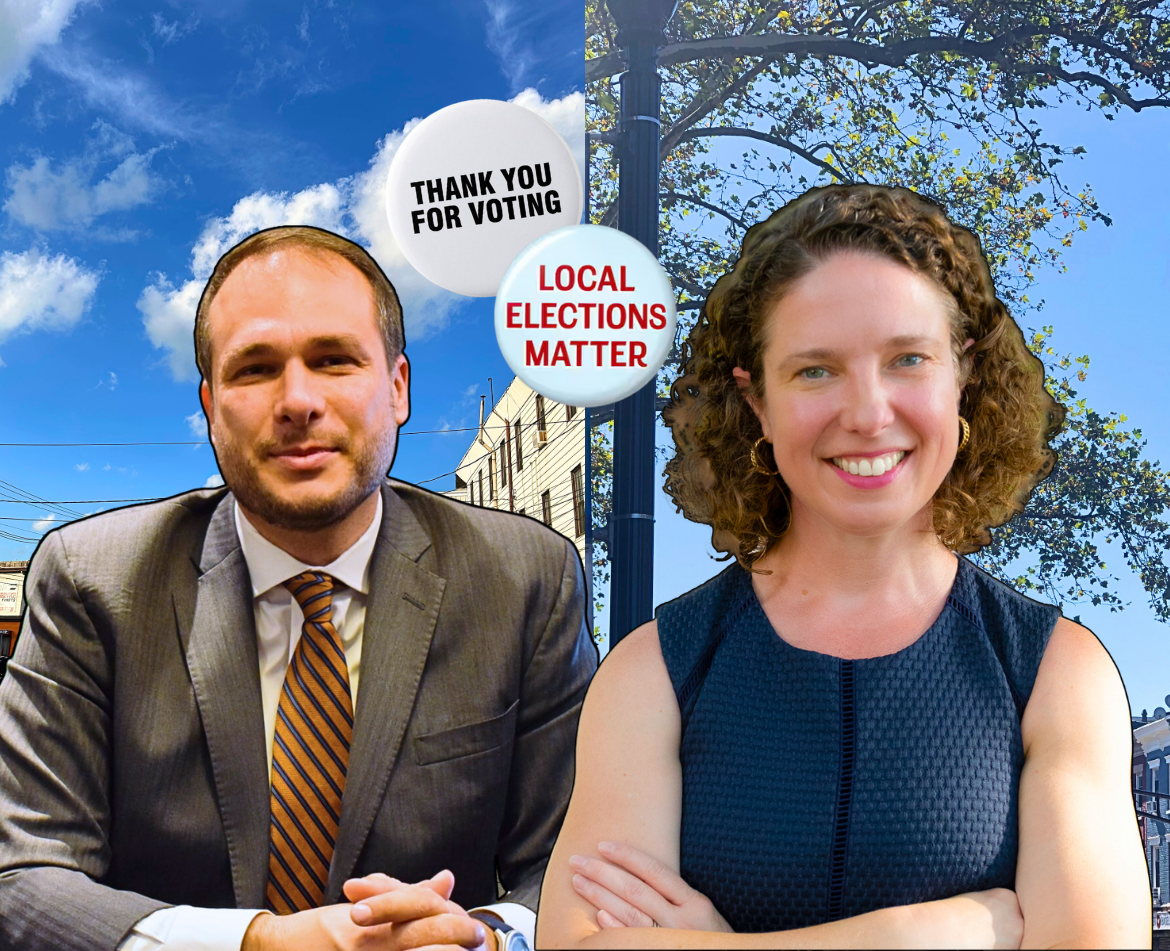Photo courtesy of Hudson County Parks.
Nature is so cool.
After the whole solar eclipse rave where people took off work, school and, for some, took road trips to see the sun and moon cross paths once again, it became obvious how little we stop and appreciate nature.
So let’s try to fix that.
We spoke with plant experts, Ray, Shiryn and Roxana, who are volunteers at the Union City Community Garden. Ray is a “garden ninja” or Native Flower Meadow Steward who focuses on sustainable gardening, native plants and biodiversity. Shiryn helps with gardening, supports meetings and events. Roxana is a gardener and member of the UC community garden.
They told us the best plants for beginners, the benefits of helping a community garden, what not to do as a beginner–something I need to take into consideration– and more.

Ray: Dwarf mulberry, tree kale, oakleaf hydrangea, saffron, blackberry, brown eyed susan, echinacea, coral bells.
Roxana: Tomatoes are great to start with, there are a few things you need to do with them like trellising and pruning so they won’t get too wild, but once you see a few YouTube videos and get them in the ground you will have tomatoes for months! Kale, radish and beets are really easy for a beginner.

Ray: Don’t water your plants with tap water. Don’t over water. Keep soil covered with organic material or plants. (Dry leaves, cut some grass and lay it over the soil to help retain water) House plants leaves should be wiped down, keep them clean.
Shiryn: Connect with your plants by observing their stems, shape, color, and where they like to sit.
Roxana: Consistency with watering and keeping an eye on whether your plants are stressed is all you need to do as a plant parent. If you see your plants struggling it is usually because they need more or less water, more nutrients like fertilizer or more room if they are planted too close together.

Ray: Tulips, camassia, virginia bluebells, arugula.
Roxana: I love to plant radishes and spinach in the spring because they are fast growing and can produce a harvest in as little as 30 days. Which is nice when you’ve been waiting all winter to plant and grow food. Also gotta have some pollinator plants that bloom early to invite bees like daffodils, pansies, crocus and honeysuckles.

Ray: The ability to pick fresh herbs, berries & connect with the natural world.
Shiryn: Aside from spending quality time with our little piece of mother earth, I’ve had the opportunity to meet some really passionate, talented, and inspiring people. Union City and our neighbors are special, and spending time at the garden has been a wonderful reminder of that.
Roxana: Being in community with other plant loving people in the neighbourhood is the best part. Not only are you spending time outside, meeting your Neighbors and growing food you will eat, but you are also beautifying your neighbourhood and creating something beautiful in your community.

Ray: You don’t need to be a resident to help out. Volunteer opportunities include planting, weeding, and tending to plants.
Shiryn: Stay updated on our volunteer events and meetings by following us on IG @unioncity_communitygarden. Honestly, come by, we got the gloves if you got the time!
Roxana: The best way to get involved is to join our instagram page where we post meeting dates, planting and volunteering opportunities and any events that are happening. Folks can become members of our community by showing up once or to everything that is going on.

Ray: Other towns can replicate what the Union City Community Garden has done by reducing mowed lawns and turning them into gardens. Also, a city can buy lots that have not been used for decades and support in building eco-friendly parks and community gardens.
Shiryn: Start the conversation with your friends and your neighbors! Write a proposal, start a petition to prove support, and engage with your local officials. This hobby can turn into a passion which can make a significant difference in restoring balance to nature, our neighborhoods, and improving air quality while reducing flooding.
Roxana: By allocating more spaces for gardens, especially in our intensely populated area, we need access to green spaces and permission to plant in them. Once the towns give us permission, some of us will show up with our unique skills and experiences and make a community garden happen.
For more plant education and volunteer opportunities, check out @hudsoncounty4h, @nbearthtalks and @guerrillagardens.jc.
The Union City Community Garden is also accepting donations for any gardening tools. Message them on Instagram or email at [email protected].
Share your voice! Poll: Does Hudson County have enough greenery?














